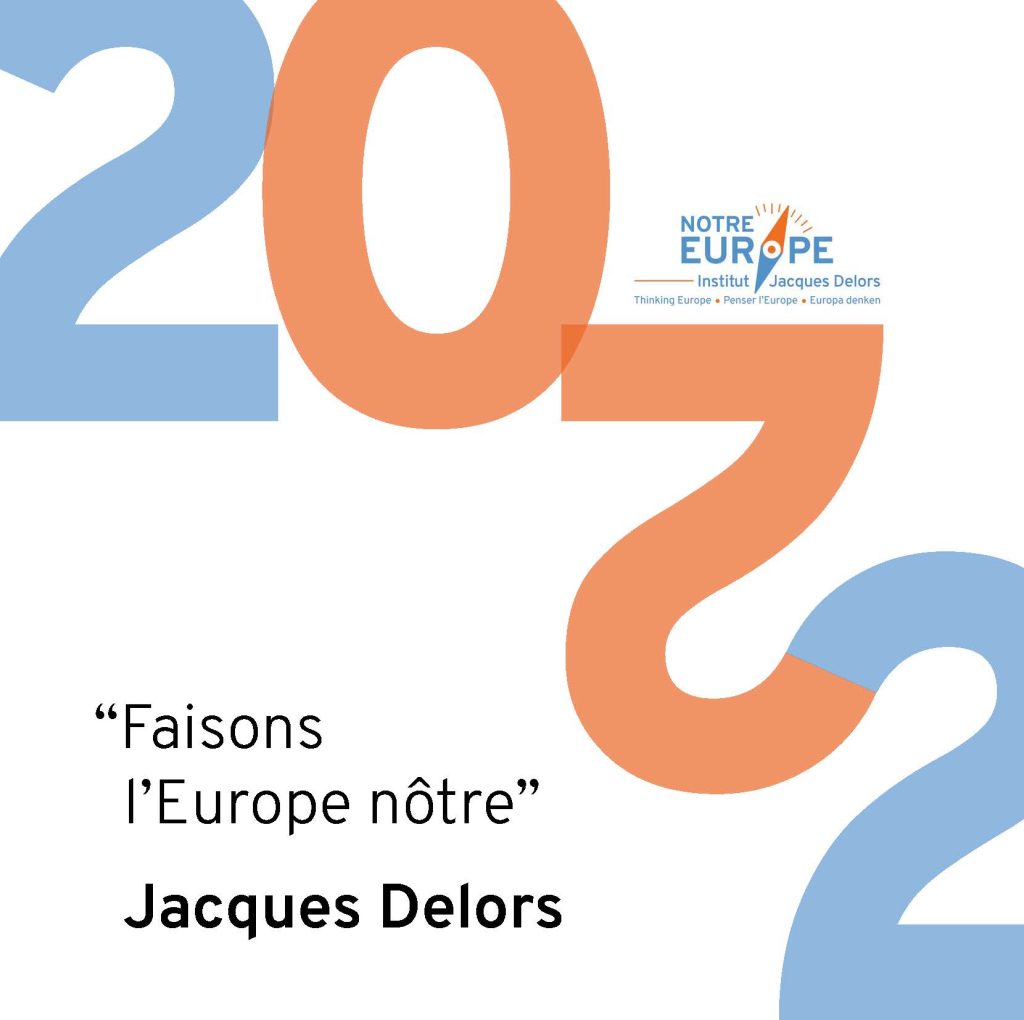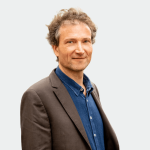Infolettre janvier 2022
Une élection peut en cacher beaucoup d’autres

La présidentielle est, à l’évidence, l’élection majeure dans la France de la Ve République. Couplée aux législatives de juin, ces échéances électorales façonneront aussi le paysage politique européen. Celui-ci a déjà été remodelé à la fin de l’année dernière. D’abord, en Allemagne, avec l’arrivée d’une coalition tripartite très européenne menée par Olaf Scholz investi le 8 décembre dernier. Ensuite, de manière moins visible médiatiquement, en Bulgarie, où le pro-européen et atlantiste Kiril Petkov, opposant à l’homme fort Boïko Borissov, est parvenu à constituer une coalition et obtenir une majorité au parlement le 13 décembre, avec la volonté de mettre fin à un système de corruption endémique. Même volonté affichée en République tchèque, où l’homme d’affaires controversé Andrej Babis a été renversé par une coalition de centre-droit dirigée par Petr Fiala, nommé premier ministre le 17 décembre. Le pays prendra la présidence tournante du Conseil de l’Union européenne après la France, au 1er juillet prochain.
D’ici là, d’autres scrutins décisifs sont attendus ailleurs en Europe. En Hongrie, où le parti de Viktor Orban doit affronter les urnes aussi en avril. Le dirigeant populiste accusé de corruption, au pouvoir depuis 2010 et soutenu publiquement par Donald Trump, se trouve actuellement au coude-à-coude dans les sondages pour les législatives face à une large coalition hétéroclite des partis d’opposition formée il y a un an autour d’un programme commun et menée depuis les primaires de l’automne par le conservateur europhile, Péter Marki-Zay. Une éventuelle chute d’Orban aurait bien sûr un grand retentissement dans l’UE.
Toujours en avril, le premier ministre slovène -et proche d’Orban-, Janez Jansa, à la coalition affaiblie, devra affronter l’opposition social-démocrate incarnée par la députée européenne, Tanja Fajon, aux législatives. Plus tôt, le 30 janvier, au Portugal, c’est le pouvoir du socialiste Antonio Costa, qui est remis en jeu à l’occasion de législatives anticipées à la suite de la soudaine mise en minorité de son gouvernement. En Suède, la toute nouvelle cheffe de gouvernement, Magdalena Andersson, également de centre-gauche, aura à remporter les législatives fixées au 11 septembre prochain pour se maintenir. Et assurer à son tour la présidence tournante du Conseil de l’UE dans un an.
Les cartes politiques vont donc être rebattues à travers l’Europe tout au long de 2022, au-delà de la France. Peut-être déjà en Italie, selon la tournure que prendra la présidentielle fixée au 24 janvier. Et même la continuité peut cacher un changement. Aux Pays-Bas, le 4e gouvernement de Mark Rutte, qui entre finalement en fonction le 10 janvier, s’annonce sensiblement différent du précédent qu’il remanie. Selon une ligne résolument européenne, la nouvelle coalition se déclare prête à moderniser les règles budgétaires, à doter l’Union d’une « politique industrielle intelligente » et à construire « l’autonomie stratégique ». Dans le contexte post-Brexit et post-Merkel, le philosophe politique néerlandais, Luuk van Middelaar, y décèle même « une réorientation géopolitique générale » de son pays, qui épouse en partie celle de la France.
A l’épreuve du pouvoir exercé par ces nouvelles coalitions souvent fragiles et au terme des échéances électorales à venir, il faut voir plus largement si une réorientation géopolitique de l’Europe se dessine en pointillés. Son ampleur tiendra aussi à l’issue des mid-term elections aux Etats-Unis en novembre.
Reste d’abord à connaître, à travers ces scrutins successifs, la mobilisation citoyenne qu’ils suscitent, à apprécier le niveau des débats de campagne, des interférences étrangères, le respect entre adversaires, la capacité à dégager une majorité, à accepter une défaite et à privilégier l’intérêt général. Des quatre coins du continent, 2022 indiquera l’état de santé en Europe de la démocratie représentative, qui exige tous nos soins.
Souhaitons donc une bonne et saine année à la démocratie et à notre Europe. A l’Institut Jacques Delors, nous continuerons de clarifier, approfondir et développer les trois mots d’ordre qui mobilisent notre travail européen : relance, puissance, appartenance, qui forment la devise de la présidence française du Conseil de l’UE. Meilleurs vœux !




